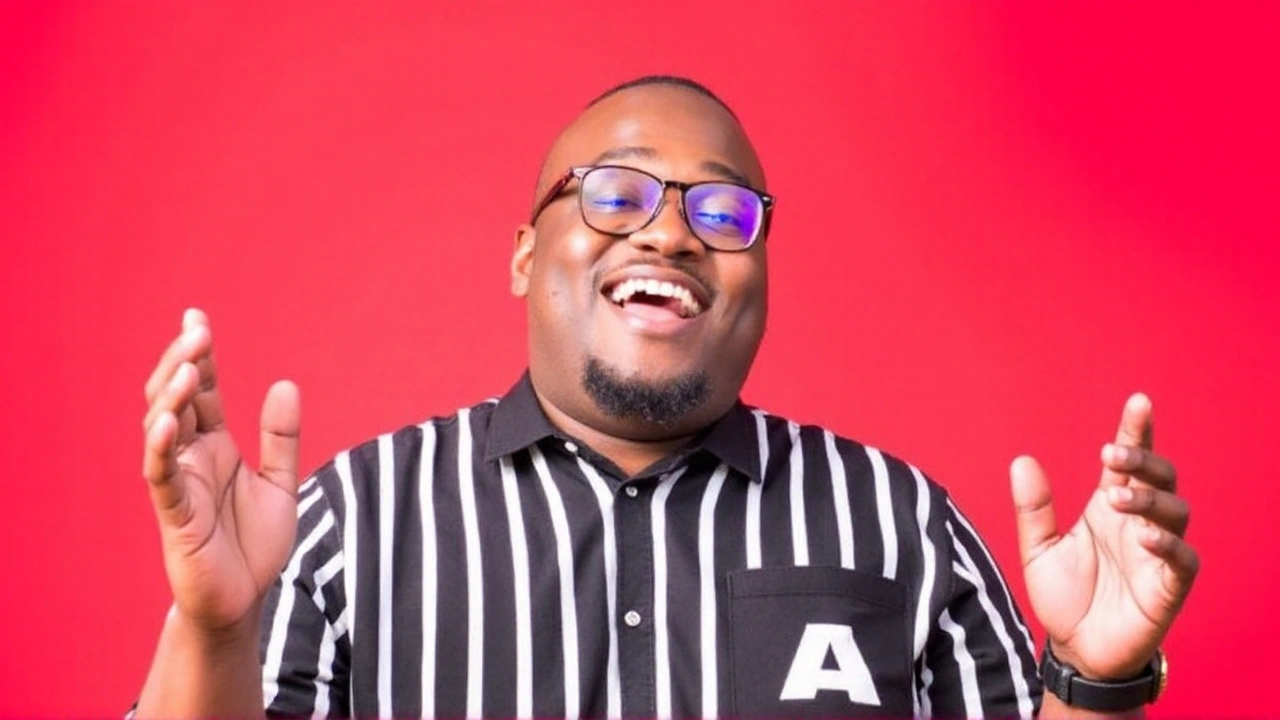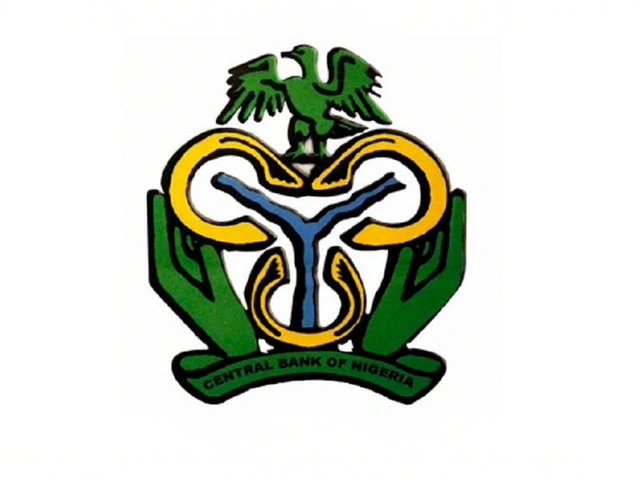A claim that radio host Sol Phenduka paid his TV licence live on air has been circulating, but as of publication there’s no verified report or official audio confirming the incident. Even so, the chatter tapped into a bigger national argument: how South Africa should fund public broadcasting, and whether the TV licence still makes sense in an era of streaming and smartphones. Compliance has fallen to well under 30% in recent years, and the system has become a lightning rod for public frustration.
What we know — and what we don’t
Here’s the state of play. The specific on‑air payment story remains unconfirmed. Without a publicly available recording or statement from the broadcaster, it’s impossible to say whether the moment happened as described. What’s clear is why the idea resonated: people are tired of the confusion, the penalties, and the feeling that the burden falls unevenly — on households first, with big institutions and even government departments sometimes accused of dragging their feet.
Would an on‑air payment be unusual? Sure. But it’s technically possible. TV licences can be paid via retailers, EFT, or online channels, and there’s nothing in the rules that forbids paying publicly. The controversy isn’t about the method; it’s about the system. The SABC’s funding model has been shaky for years, and the licence has become a symbol of that instability.
How the TV licence works — and why it’s under pressure
South Africa’s TV licence is a legal requirement under the Broadcasting Act for anyone who owns a television set. The fee is currently R265 per year for a standard household licence, with a reduced concession for qualifying pensioners. Retailers are required to check that a buyer has a valid licence before selling a TV. It’s one licence per household, not per device, but additional sets must be declared.
- Renewal: It’s due annually. If you’re late, penalties can apply and outstanding amounts can be handed to debt collectors.
- Cancellation: If you dispose of your TV, you’re expected to notify the SABC and provide proof of disposal or transfer. Without that, the account keeps running.
- Moving house: The licence follows the person or household, not the property. A new owner needs their own licence.
- Enforcement: While criminal prosecution is possible, most enforcement involves debt collection and penalties rather than court action.
So why is the model under strain? The short answer: the way we watch has changed faster than the law. The current framework ties the fee to owning a TV set, while viewing has moved to phones, tablets, and smart devices. That creates gaps in funding and arguments over fairness. There have been formal proposals to replace the licence with a broader public service media levy — often called a “household levy” — that would be device‑neutral. Policymakers have discussed this for years, but there’s no final decision yet.
Another pressure point is trust. Auditors and annual reports have repeatedly flagged poor collection rates and arrears. When the public sees weak compliance from large entities — including parts of the public sector — it undercuts the message that households must pay on time. At the same time, the SABC argues it needs stable, predictable funding to meet its public mandate: local news, educational content, and coverage in multiple languages.
For ordinary viewers, the practical questions matter most. Do you need a licence if you only stream? The law is written around TV set ownership, not streaming subscriptions. If you own a TV, you need a licence — even if you mostly watch online services. If you truly don’t own a TV, you don’t need a licence, but cancelling requires paperwork; simply unplugging the set doesn’t end the obligation.
What should people do right now? Keep your account details up to date, declare additional sets, and keep proof if you sell or dispose of a TV. If you’re eligible for a pensioner concession, apply rather than falling into arrears. And be cautious of scams — payments should only be made through official retail partners, legitimate banking channels, or the SABC’s designated platforms.
Policy will keep evolving. The Department of Communications and Digital Technologies has been weighing a device‑neutral model, while the SABC continues to push for better collections and a modern funding mix. Until Parliament settles on a durable approach, the TV licence South Africa debate will flare up every time a payment story — verified or not — hits the headlines.






